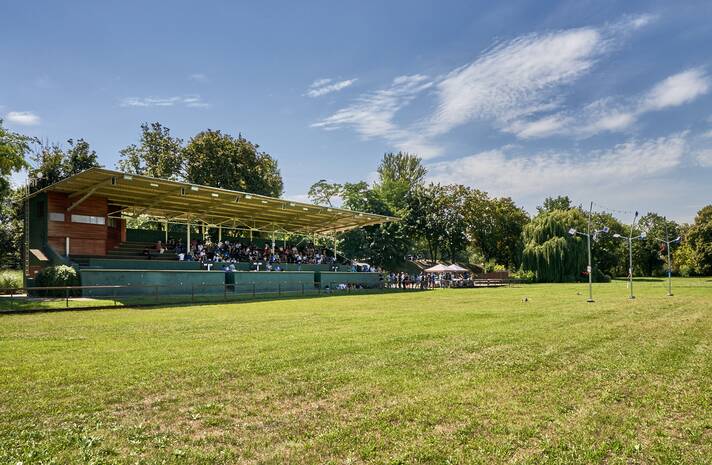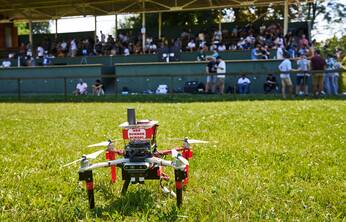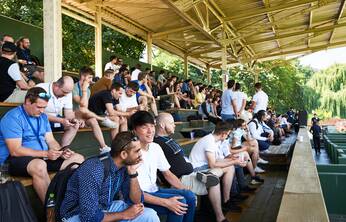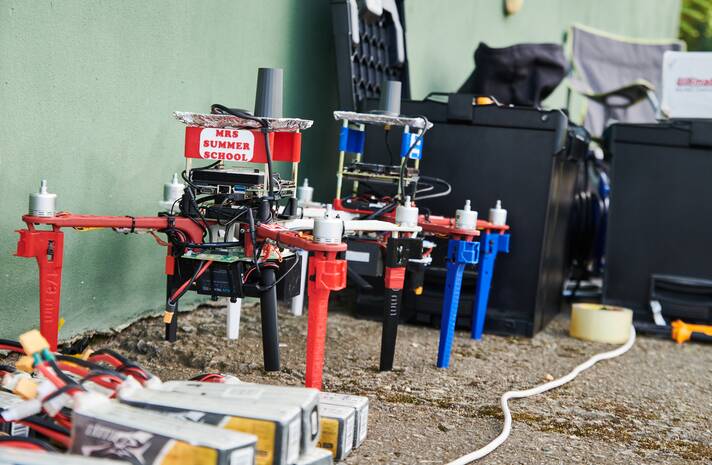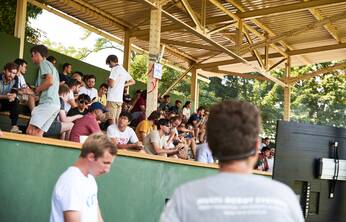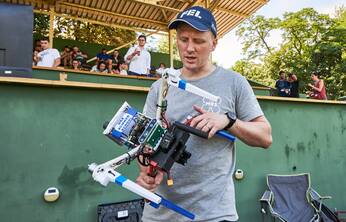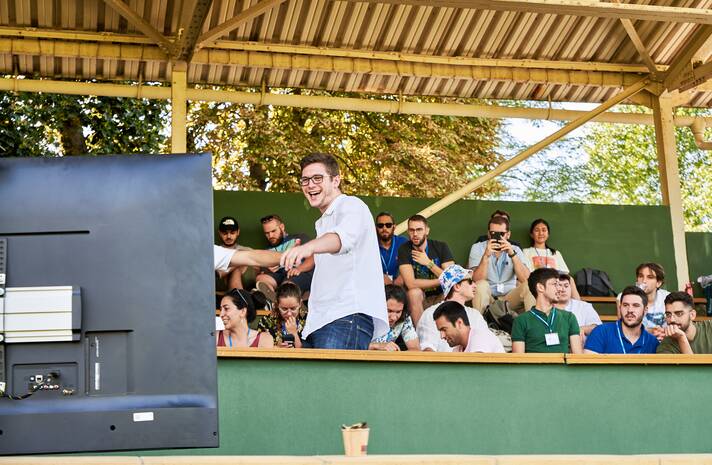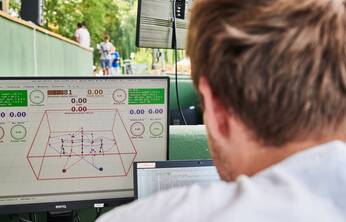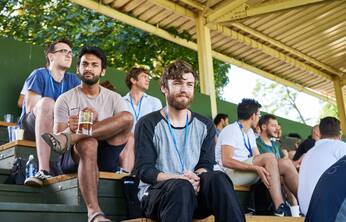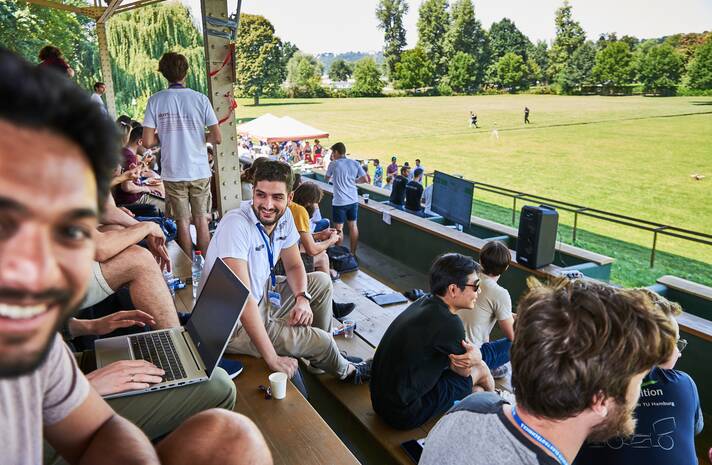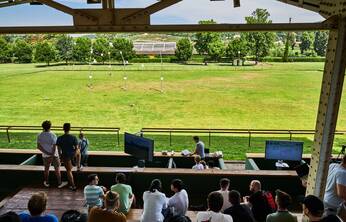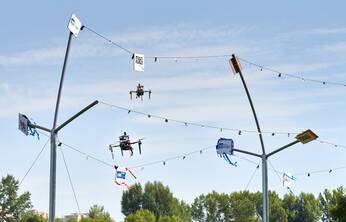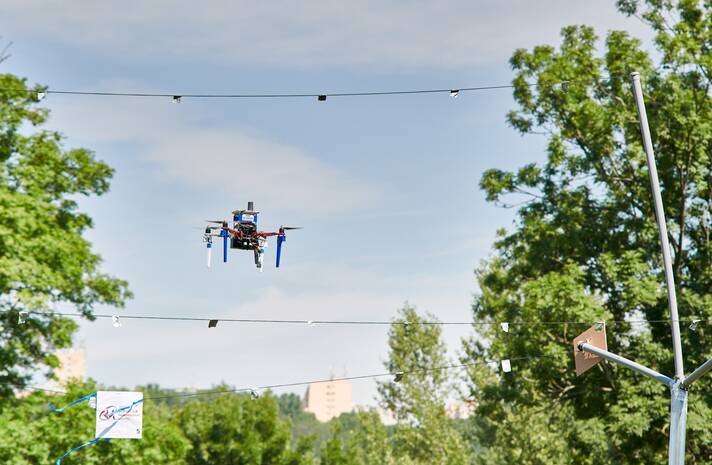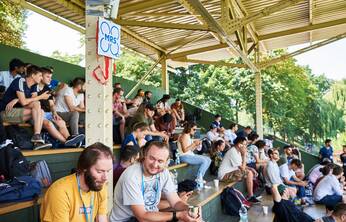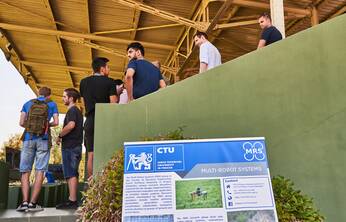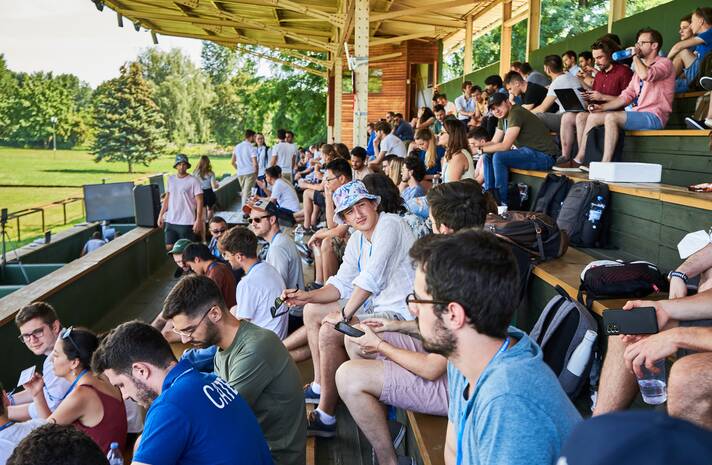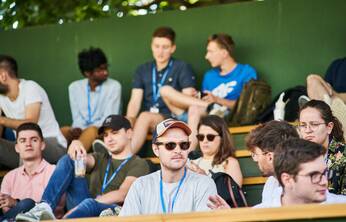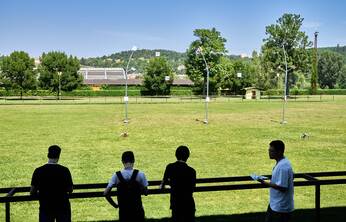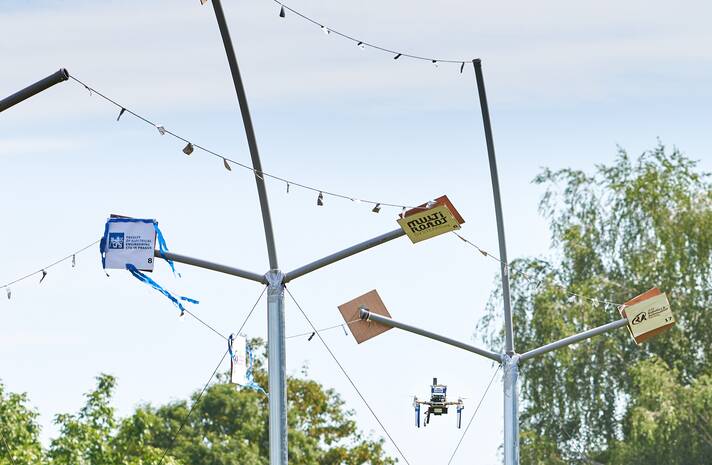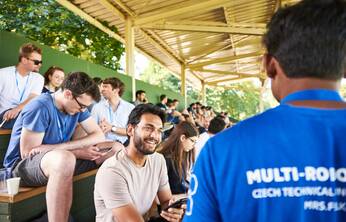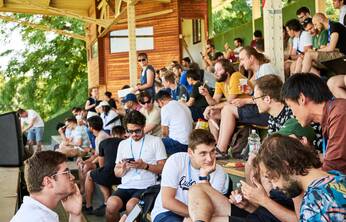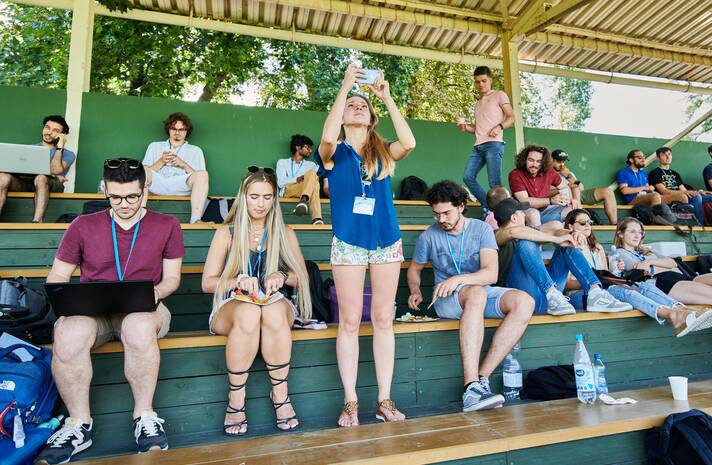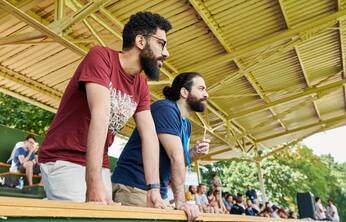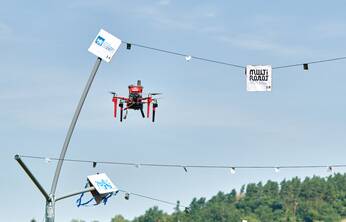In addition to CTU lecturers, specifically Associate Professors Martin Saska from the Department of Cybernetics and Zdeněk Hurák from the Department of Control Engineering at the CTU Faculty of Engineering, lecturers from universities in Belgium, Spain, the Netherlands, Switzerland, and the USA will contribute their expertise during the intensive five-day program. "Dario Floreano from EPFL in Lausanne, Switzerland, renowned as one of the most distinguished roboticists in Europe, will be the star of this year's summer school. His research focuses on nature-inspired swarms of drones, often with varying shapes. Another significant speaker is Javier Alonso-Mora from Delft University of Technology, who has conducted groundbreaking research in the field of cognitive cooperative robots," introduces Associate Professor Martin Saska, head of the Multirobotic Systems Group at the Department of Cybernetics at FEL CTU.
Participants will have the opportunity to design and test algorithms for controlling unmanned machines under the guidance of Professor Saska's group. Instead of being mere observers, students will actively take control of the drones. Initially, they will explore and analyze existing practices and techniques enabling effective collaboration between robots.
An essential part will involve testing in the Gazebo computer simulator, providing an environment for participants to evaluate their ideas and algorithms. Additionally, the multi-robot systems group will supply actual flying robots, which participants can program to assess the functionality of their algorithms in real-world scenarios. While last year's task involved capturing camera images of various components in power transmission systems, this year's primary objective will revolve around inspecting photovoltaic power plants. The four days of theoretical lectures and practical workshops will culminate in Friday's outdoor experiments at the Eagle.one autonomous drone trapping system test polygon on Císařský ostrov, followed by the award ceremony for the winning teams.
Facilitating professional and informal networking remains a priority
One of the most significant advantages of the summer school is the opportunity for students from different countries to connect based on their shared interests. This interaction occurs both in the classroom, where participants collaborate in groups to solve diverse challenges, and during informal afternoon and evening activities. Each day of the summer school will include events such as a welcome and closing party, a stroll through Prague's historic center, or a gala banquet.

